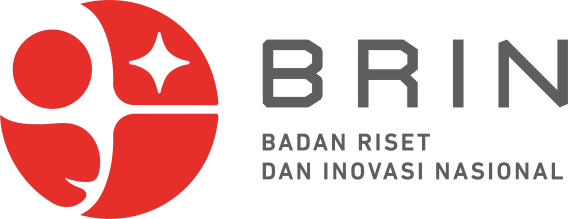Analisis Hubungan Asupan Energi,Protein dan Status Gizi dengan Kesembuhan Luka Pasien Bedah di RS. Abunawas Kota Kendari Tahun 2014
Abstract
Nutritional status is an important factor during surgery. Malnutrition of energy and protein is caused by illness and due to poor diet, resulting in severe malnutrition. Based on data obtained at the Abunawas General Hospital, Kendari City in 2013 showed the number of surgical patients was 216 people. In August-September 2014 the number of surgical patients was 187 outpatients. This study aims to analyze the relationship between energy intake, protein and nutritional status with wound healing in post-surgical patients in the Surgical Inpatient Room, Abunawas Hospital, Kendari City. This research is an observational study with a cross sectional study design. The population in this study were all patients in the surgical inpatient ward of the RSUD. Abunawas Kendari City in the period August-September 2014 as many as 80 people and a sample of 52 people taken using purposive sampling. Data were obtained using questionnaires and anthropometric measurements and analyzed using the Chi-Square test. The results obtained that energy intake in postoperative patients was mostly lacking (59.6%) and protein intake was less (55.8%), then from 38 samples whose protein intake was less, most of them were 18 people (62.15%). ) the condition of the patient's wound was dry, from 38 samples with adequate protein intake, most of them were 29 people (76.3%) the patient's wound was dry and 31 samples had good nutritional status, mostly 25 people (80.6 %) the condition of the patient's wound was dry. The results of statistical analysis showed that there was no relationship between energy intake and wound healing (p=0.648). There was no relationship between protein intake and wound healing (p=0.786). There was a relationship between nutritional status and wound healing (p = 0.012) in post-surgical patients in the Surgical Inpatient Room, Abunawas Hospital, Kendari City. This study suggests that it can be input for local governments and related agencies in this case the Kendari City Health Office and RSUD. Abunawas Sultra in determining policies in an effort to overcome the problem of lack of nutrient intake, especially energy and protein in post-surgery patients.
References
The following references have been extracted and will be linked to the submission metadata.
Almatsier, S. 2001. Prinsip Dasar Ilmu Gizi, Gramedia, Jakarta.
Ambarwati Fitri Respati, 2012. Gizi dan Kesehatan Reproduksi. Cakrawala Ilmu, Yogyakarta.
Daldiyono dan Thaha, 2008. Kapita Selekta Nutrisi Klinik, Perhimpunan Nutrisi Enteral dan Parenteral Indonesia, Jakarta.
Hartono, Andry, 2006. Terapi Gizi dan Diet Edisi 2. EGC, Jakarta.
Hill, Graham, 2000. Buku Ajar Nutrisi Bedah.. Farmedia, Jakarta.
Khomsan, A. 2003. Pangan dan Gizi Untuk Kesehatan. PT. Raja Grafindo Persada, Jakarta.
Moore, M. 2007. Pedoman Terapi Diet dan Nutrisi. Penerbit Hipokrates, Jakarta.
Nirwana, 2011. Psikologi Ibu, Bayi dan Anak. Nuha Medika, Yogyakarta.
Proverawati dan Kusumawati, 2010. Ilmu Gizi untuk Keperawatan dan Gizi Kesehatan. Nuha Medika, Yogyakarta.
Sjamsuhidajat, 2007. Status Gizi Pasien Bedah, Majalah Kedokteran Indonesia RSCM, Jakarta.
Supariasa, I Dewa Nyoman. Bakri, Bachyar, Fajar, Ibnu, 2002. Penilaian Status Gizi. EGC, Jakarta.
Susetyowati, 2007. Penatalaksanaan Gizi Pada Pasien Bedah Digestif. Makalah Pertemuan Ilmiah Ke III Tahun 2007.
Waryana, 2010. Gizi Reproduksi. Pustaka Rihamma, Yogyakarta














3.jpg)



